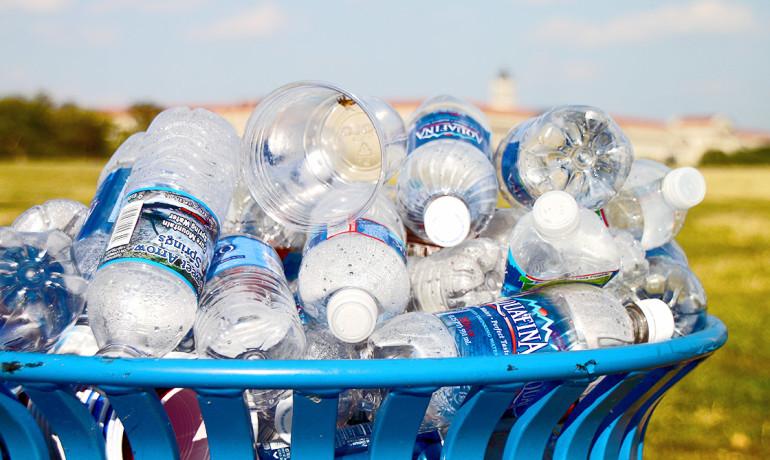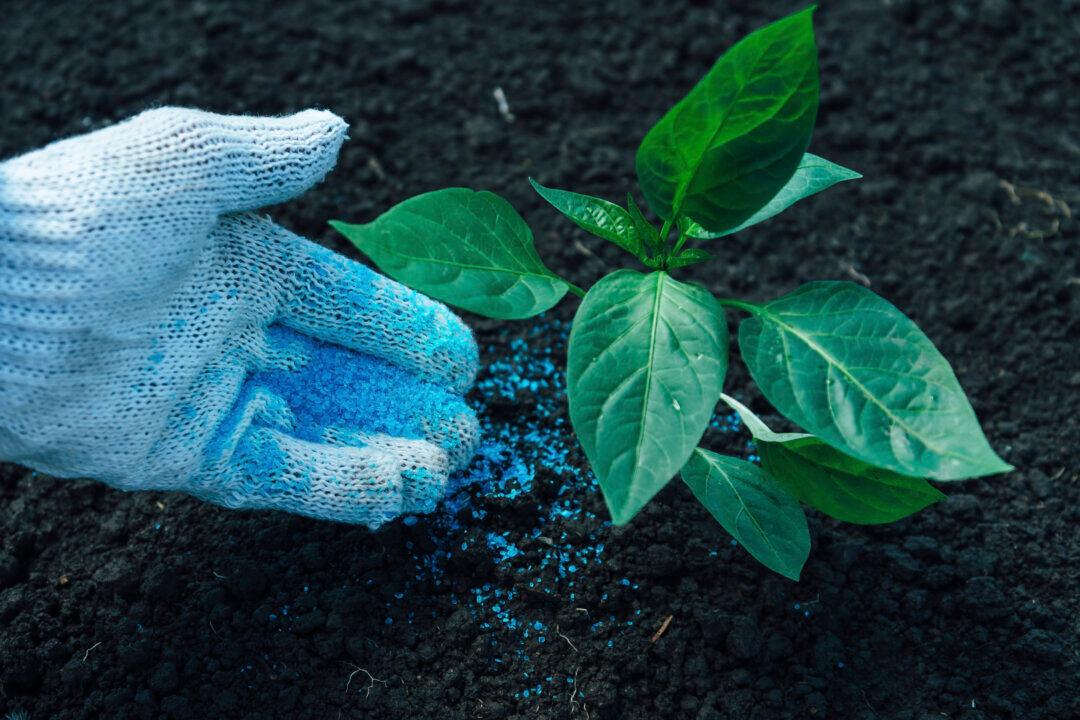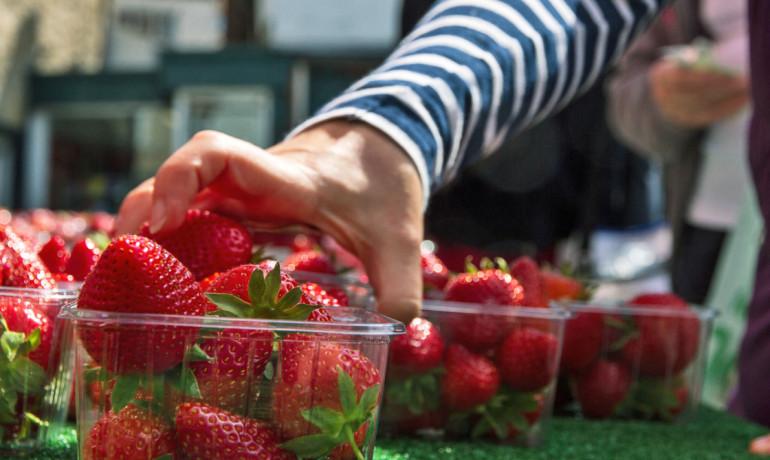Trace amounts of toxic substances used to make plastics don’t contaminate the food or beverages they contain and pose no immediate threat to consumers. That’s the good news.
The bad news is those plastic products may cause health concerns decades after they’ve been used and thrown in the trash bin.
Toxic materials such as heavy metals leach out of the plastic as the products decay over a span of years, creating “end-of-life” problems. If the plastics make their way to a landfill or a body of water, for instance, the heavy metals they contain may pollute drinking water.



